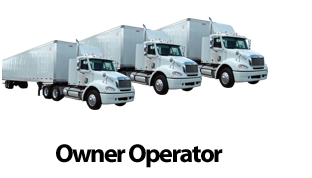When it comes to your business, it’s not uncommon if you need some additional financing. Either you need the financing to stay afloat during lean times when you may not be able to meet current liabilities, or you need it in order for your business to grow. But traditional bank loans aren’t always easy to get which is why it’s more common these days to find account receivable financing for wholesale companies.

When Do You Need Additional Funding?
One of the more common scenarios with wholesale companies is that retailers are often slow in paying. You’re lucky if you get your money after 30 days. With some large retailer chains, the account may be due in 90 days or even longer. And that delay can be costly.
For example, you may not have the cash ready for you to pay off your employees on time. You may not be able to pay for your workplace rent and utilities, or buy much needed office supplies. That means your entire operation can grind to a halt.
You may also be unable to fund large-volume orders. Your retailer may order a volume that you can’t meet, simply because you don’t have the cash today for the supplies. You’ll be forced to turn down those orders, and that means a lost opportunity for your wholesale company to grow and realize more profits. Not only will you be unable to meet a large order, but your wholesaler may have lost all future sales to that retailer company because of your inability to meet their demands.
Using Your Accounts Receivable for Additional Financing
When you realize that you need additional funding to bolster your ready cash, your first thought may be to get a loan from your bank. That’s a good thought, but often reality can be a much harsher situation. Banks aren’t exactly enthusiastic about giving loans to wholesale companies these days unless you have lots of collateral, and often the entire loan application process can be interminable. Your bank must be fully assured that you have the means to pay back the loan you apply for, and that will take a lot of time. You may not be able to get the money you need in time.
And that’s where your accounts receivable come into the picture. Basically, instead of having to wait for your retailers to finally give up the cash for your inventory, you can get your money now. You don’t have to wait anymore.
With account receivable financing for wholesale companies, you can convert all your invoices into cash right away. You get a percentage of it in advance from your lender (anywhere from 70% up to 95%), and when your retailer finally pays up the finance provider transfers the rest of the payment to you minus their fees. It’s basically that easy and that simple. You can then use that money for your working capital needs. You can pay for rent and utilities, payroll, or for additional supplies to meet any orders you get from retailers.
Need working capital? Call 1-888-382-3766
To visit our site for an instant quote click here



